Dhaka, Dec 01 (V7N) — In a landmark decision, the High Court has acquitted all individuals convicted in the August 21, 2004, grenade attack case, including BNP Acting Chairman Tariq Rahman and former Home Minister Lutfuzzaman Babar. The judgment, announced by a High Court bench comprising Justice AKM Asaduzzaman and Justice Syed Enayet Hossain, overturned the verdict delivered by the Speedy Trial Tribunal-1 in 2018.
The High Court's ruling cancels the death sentences of 19 individuals and the life sentences of 19 others, citing insufficient evidence and procedural flaws in the earlier investigation and trial.
Sentenced to Death: Former Home Minister Lutfuzzaman Babar, former Deputy Minister Abdus Salam Pintu, several retired army officers, and militant leaders, including Maulana Tajuddin.
Sentenced to Life Imprisonment: BNP Acting Chairman Tariq Rahman, BNP leader Harish Chowdhury, and others, many of whom were absconding.
The bench announced the verdict after concluding the hearing on appeals and death references in November.
The grenade attack occurred during an Awami League rally at Bangabandhu Avenue, targeting Sheikh Hasina, who was then the leader of the opposition. Although Hasina survived, the attack killed 24 people and injured over 300.
In 2018, Dhaka Speedy Trial Tribunal-1 sentenced 19 people to death and 19 others, including Tariq Rahman, to life imprisonment. However, questions about the investigation and alleged political motivations surrounding the case have persisted for years.
The BNP has consistently claimed that the allegations against its leadership were politically motivated. Following today’s verdict, BNP leaders expressed relief, while Awami League leaders criticised the judgment, calling it a miscarriage of justice.
The ruling is expected to have significant political repercussions ahead of the upcoming elections. Legal experts anticipate the possibility of an appeal to the Appellate Division of the Supreme Court.
This verdict marks a turning point in one of Bangladesh’s most high-profile and politically sensitive cases.
END/MSS/AJ



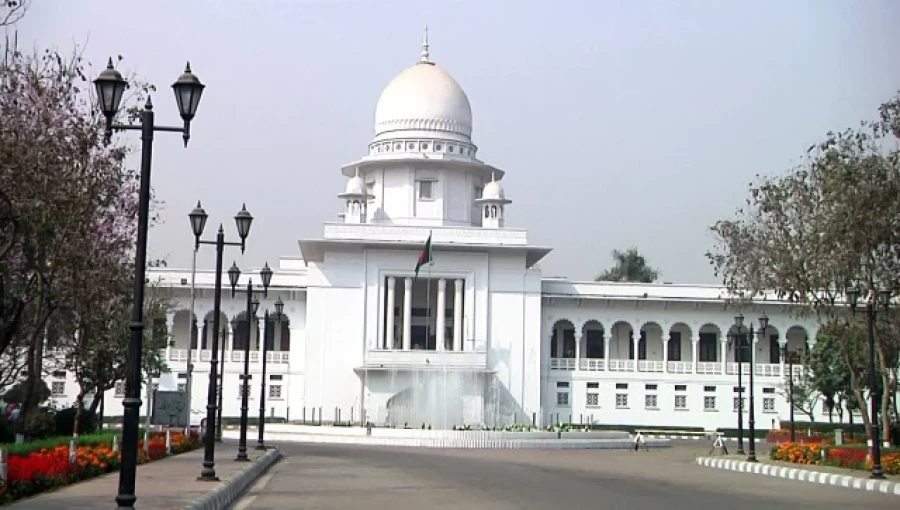


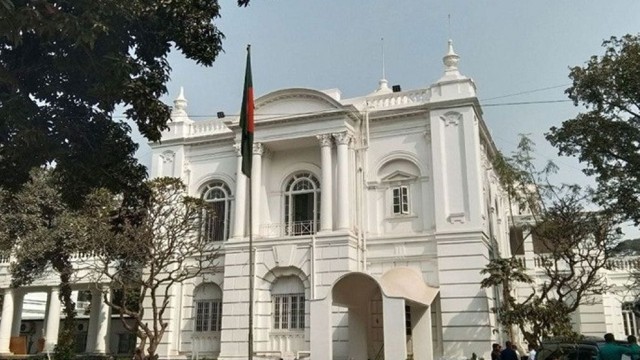
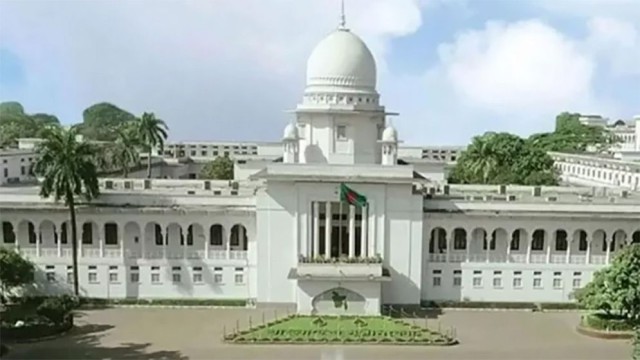
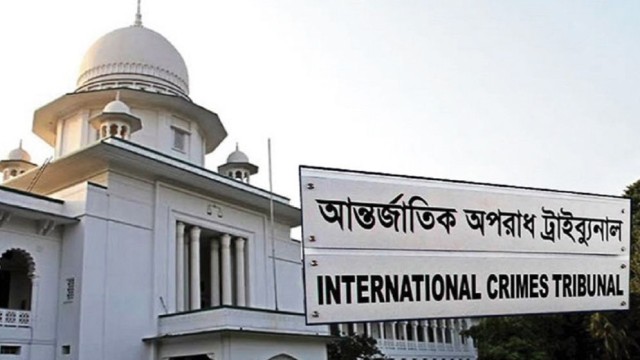
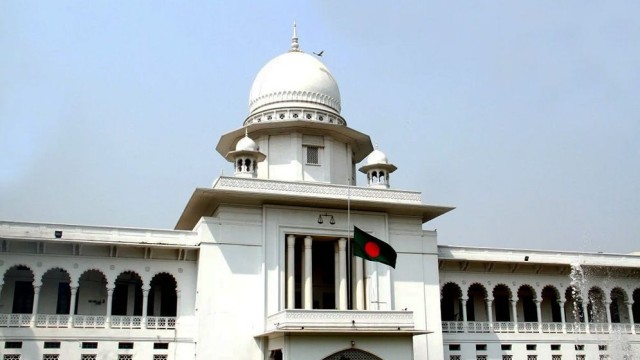

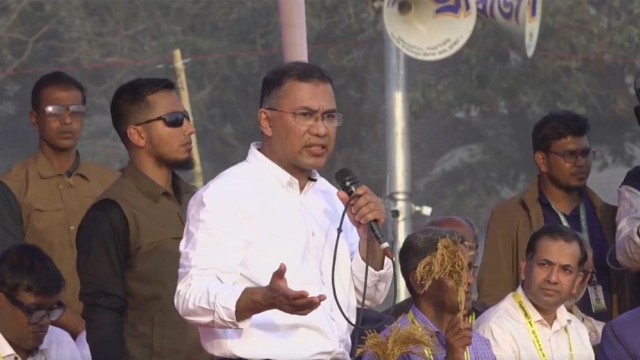

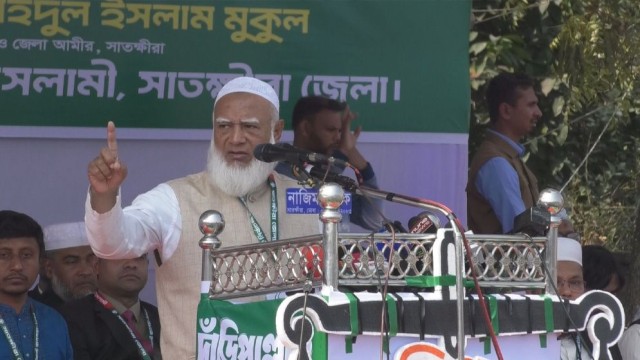
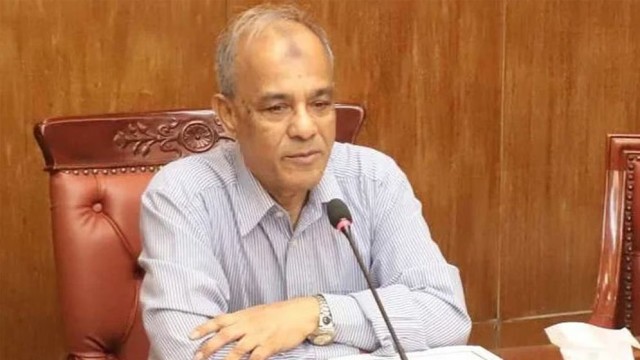

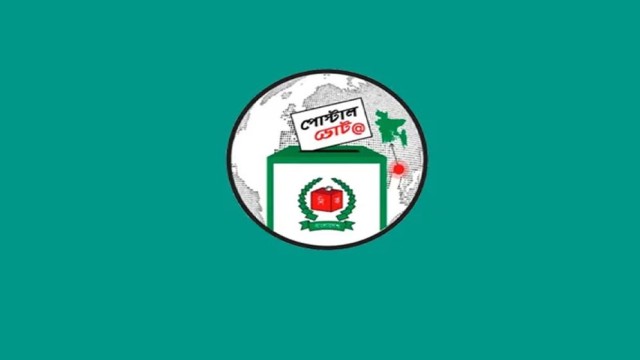
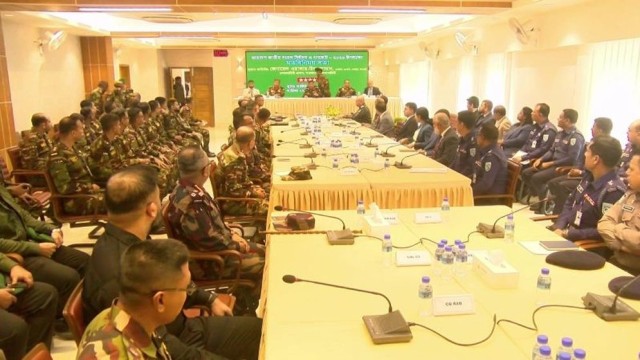

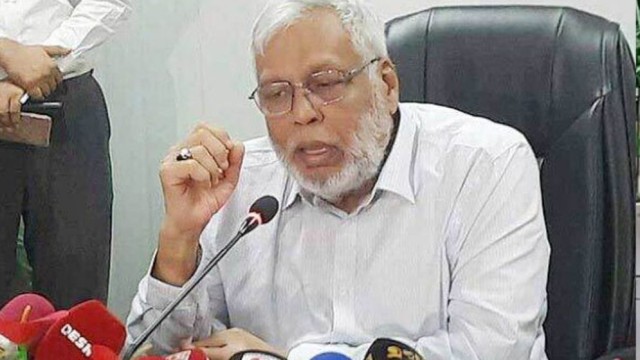

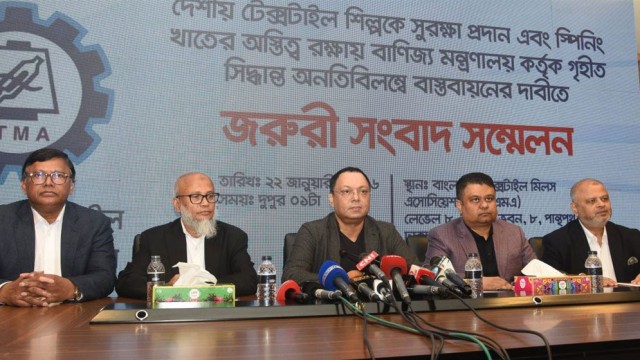
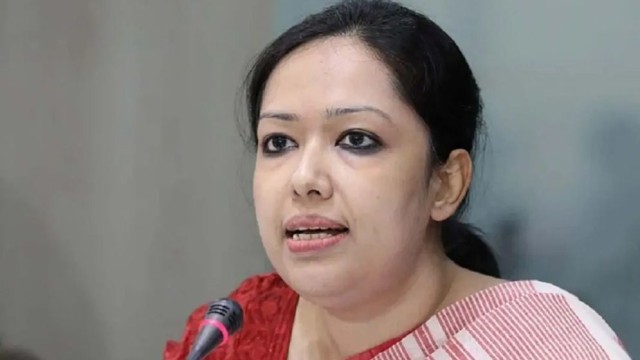

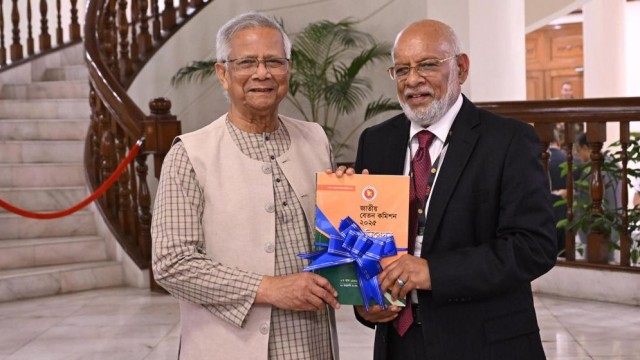



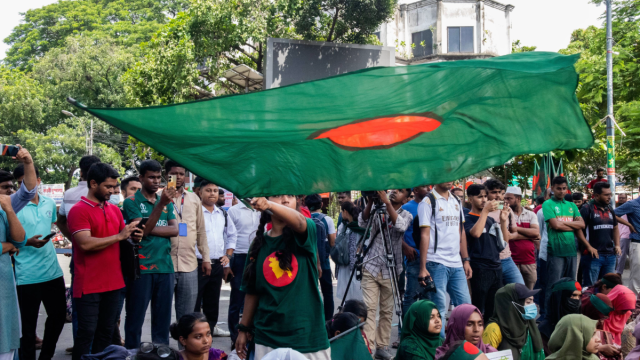

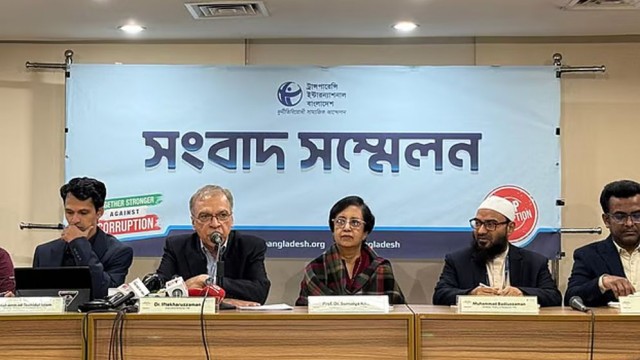
Comment: